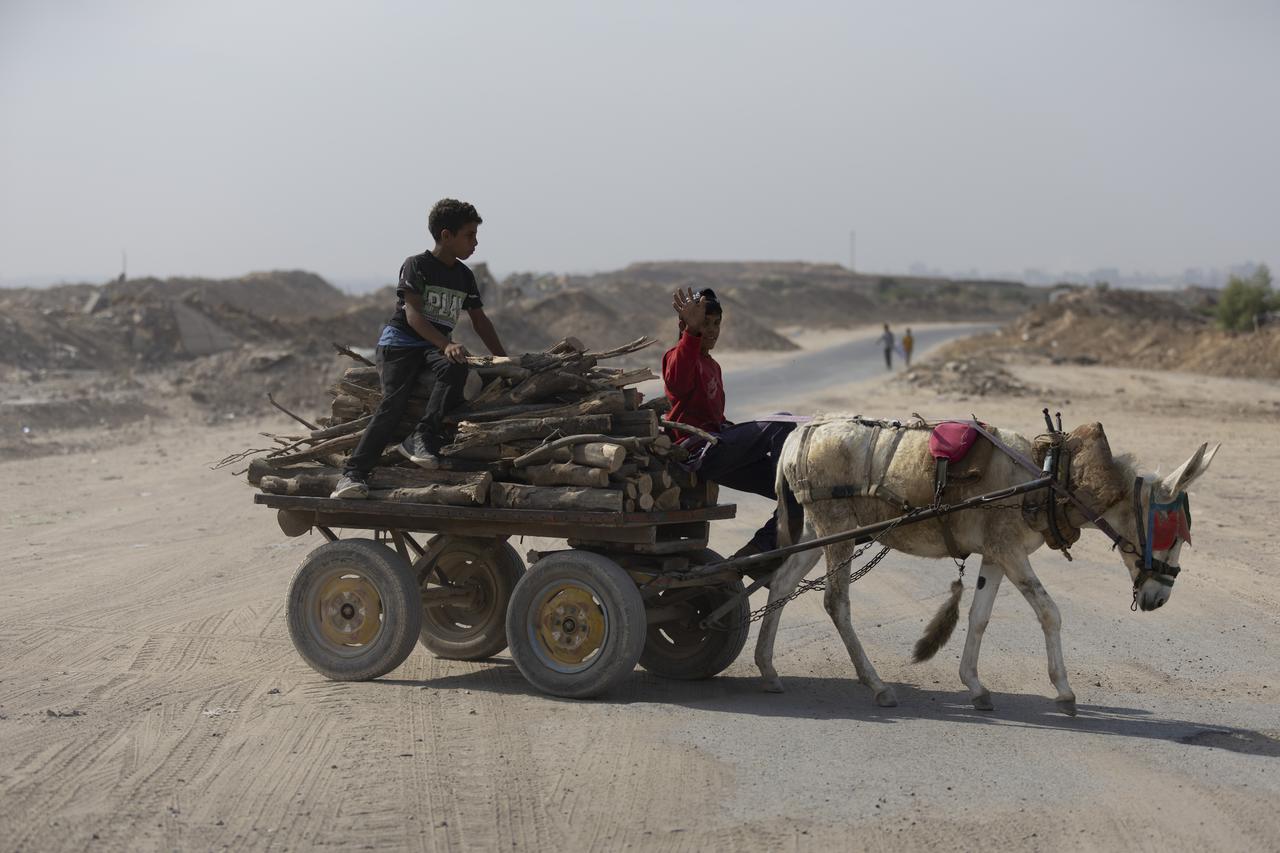
A Turkish woman who spent 24 years in Gaza says daily life, though battered by war and shortages, keeps moving because people protect education, rebuild quickly, and refuse to give up.
Kevser Yilmaz Jarada, who moved to Gaza after marrying in 1999 and left for health reasons in the summer of 2023, describes a society shaped by airstrikes, limited power and water, and difficult border crossings, yet marked by strong faith and communal resolve.
Jarada recounts years of conflict and scarcity that structured household tasks around electricity cuts. Power typically arrived for four to eight hours a day, sometimes not at all, so families planned laundry, ironing, and cooking at night when necessary.
Water often flowed only every two or three days, prompting people to store it in tanks. Crossing Gaza’s border gates, she says, required registering months in advance and waiting for an approval list, particularly for students and patients.

Even under bombardment, she stresses that education stayed central. Children returned from school to spend time in mosques that doubled as social hubs.
“Life stops in Gaza, education does not,” she says, capturing a widely held belief that schooling should continue regardless of the conditions.
Looking back to the years before 2005, Jarada says Israeli settlers lived on seized land in closed areas with their own facilities, while the local population struggled with economic hardship and the intifada—defined here as a Palestinian uprising against Israeli occupation.
She says Gazans resisted until “there was not a single Jew left in Gaza” after that period.
Jarada left for Türkiye shortly before the war that erupted after Oct. 8, 2023. She recalls relentless bombardments, a collapsed health system and a deep housing crisis that pushed families into tents or damaged buildings.
Amid blockade shortages, people relied on well or seawater and foraged for wild plants; her children endured two weeks on only water, and once ground chicken feed to bake bread. She argues that repeated violations at Al-Aqsa Mosque in East Jerusalem—a major Islamic holy site—galvanized support in Gaza.
She says hardship forged communal strength and psychological resilience. “They never say ‘we give up, we are finished’ because they know their destiny and live it.”
She contends that Israel has not fully occupied Gaza or recovered all captives, and concludes that “Gaza is not defeated.”
Jarada highlights what she calls a “self-renewal reflex.” Once the guns fall silent, communities repair mosques and gather again, then patch homes and clear streets so daily life can restart.
She portrays Gazans as generous and steadfast, and says raising her children there was an honor. “May we all pray together one day in a free Jerusalem,” she says.